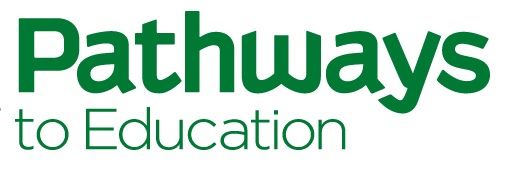“It’s been said, pay now or pay later, and with violent crime and its financial and other impacts on society, research has shown the later costs are far greater than the costs of investments in proven early supports and interventions that improve and save lives.
Of the excellent programs that do just that, Pathways to Education — born out of Toronto’s Regent Park in 2001 and now helping thousands of young people in eight provinces — shines as an example of how supporting young people living in low-income areas through their high school years delivers results.
About 40 per cent of its funding comes from corporations, foundations and individuals, and the remainder from provincial and federal governments. Ottawa recently announced secure funding for another four years as part of its poverty reduction strategy.
In other words, fairly stable funding.
‘What the real issue for us is, is demand,’ says Pathways CEO Sue Gillespie. As of September, there are about 6,000 young people enrolled in the program across Canada but ‘probably 30,000 students, easily, that could benefit from a program like this,’ says Gillespie.
Pathways seeks to level the educational playing field by offering academic supports, financial supports, including money to get to and from school, and providing an advocate for students through high school.
According to independent reviews, the program improves graduation rates and entries into post-secondary education. Although it’s difficult to measure the impact of violent crime, it no doubt has an effect — school suspensions and dropout rates are known factors in youth crime.
‘It’s about development, and it’s about how young people develop and understanding when your opportunities are, and we know that when students transition into high school, there is a lot going on,’ says Gillespie.
It’s essential, she says, to be aware of critical points in young lives and “make sure all the supports are available … so that when they’re hitting up against some roadblocks, for whatever reason, or they just can’t imagine a future for themselves, it’s important to have those supports there like Pathways.
‘It’s the timing, and being there early … and really important to take that community approach.'”
